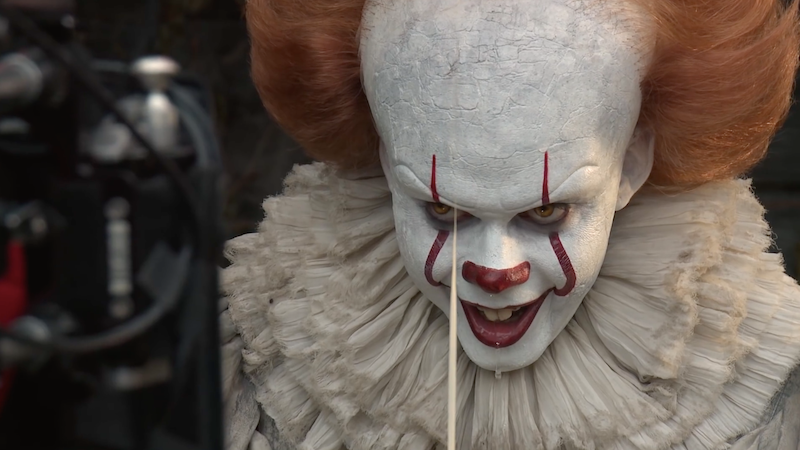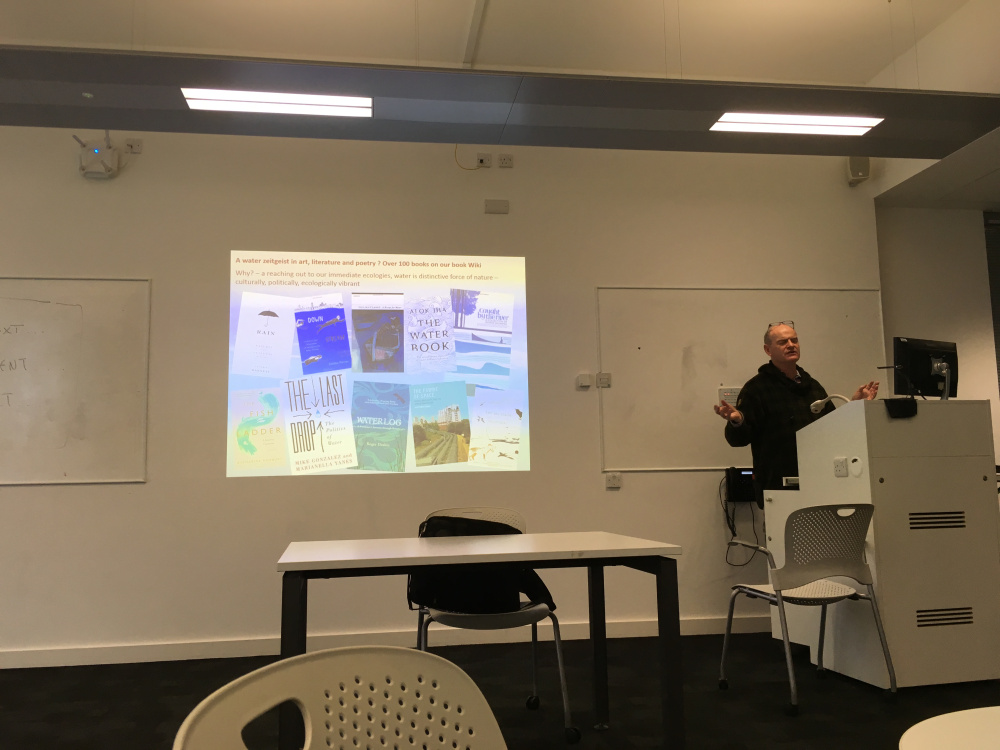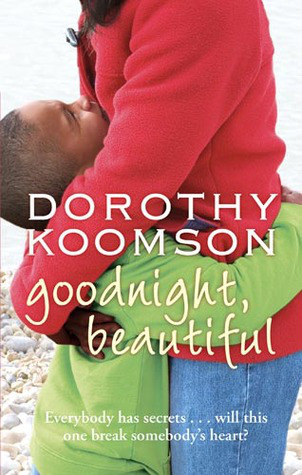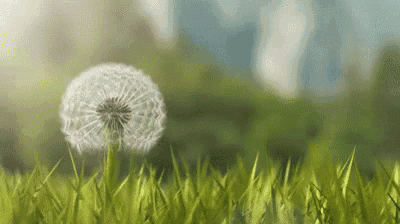Oscars. Pathfoot Building, University of Stirling. Looks simple, doesn’t it? But by clicking the map link in my Eventbrite email for my fourth event of Book Week Scotland I was taken to the Kilted Kangaroo. That’s a bar. In town. I think. So I Googled Oscars and looked at countless maps of the university. No Oscars.
The Resident IT Consultant dropped me off at the top of Pathfoot – to save me all those stairs, what with the building sitting on a slope – and went for a walk up on Sheriffmuir. So did I. Walk, I mean. I laboured down all those stairs until I got to the reception, where I asked about the event, which the receptionist had never heard of. But she squinted at a discreet A4 sheet on the door, and asked if that was it. It was. So I walked back up the stairs to where I’d started. Oscars is the dining room, except this is not mentioned on any map.
As with the college in Alloa, I reckon the event was really for university staff and students, and they’d know Oscar, whoever he may be. But I got there, and the view was lovely. The campus loch and the Wallace Monument in the background, and the famous Scottish sunshine on the grassy slopes. Beautiful.

Now, you know me. Gender violence is not the first thing you think of for a Bookwitch. But the discussion sounded interesting, it was local, and it was to feature Alexandra Sokoloff, among others. Alex had to join us via Skype in the end, as she appears to be stuck in California for various reasons, and where it was very early in the morning.

Chaired by professor Karen Boyle, we also had psychotherapist Madeleine Black, Lydia House from Zero Tolerance and Lorna Hill, who’d just submitted her PhD (Bloody Women: The Role of Women in Scottish and Scandinavian Crime Fiction) that morning. This was to be part of 16 Days of Action Against Gender Violence, which will culminate in an event at the Scottish Parliament next Thursday.

Lydia House started by telling us about the stock images Zero Tolerance have put together, which are free to use, and more suitable for portraying violence against women than what the media usually go for. She also mentioned an award for good writing.
Madeleine Black, who’s written the book Unbroken (about when she was repeatedly raped as a teenager), talks a lot at events, and feels she’s finally getting across what rape means, citing her [male] editor who eventually grasped what the experience had been like.
Lorna Hill is a former journalist who tired of gender violence being considered a taboo subject. As part of her PhD she has written a crime novel, about human trafficking and domestic abuse.
Alexandra Sokoloff’s novel Huntress Moon is about a female serial killer. In Hollywood serial killers are ‘just part of our classic language.’ Alex wanted to reach a large audience, which is why she chose this topic for her novel, and she points out that violence against women is so common, that even though her serial killer has killed a lot of men (slitting throats is apparently quick), she still needs to look out for her own safety when out.
It’s important to point out that this kind of violence makes for a ‘series of surviving’ and it’s not something you only do once. It happens all the time. Over and over again.

Madeleine finally realised that date sex can also be rape, and she set out to write her book to tell the world what had happened. Many readers of her book have decided that despite the warning about the violence, they ‘owed it to [Madeleine’s] 13-year-old self’ to read the chapter. Karen Boyle admitted that she wanted Alex’s killer to come after Madeleine’s rapists.
Lorna talked about cultural appropriation, and how she felt she was allowed to write about an African girl who had been trafficked, despite not being either African or abused. Lydia mentioned that it’s important to have survivor-led action. And one of the best interviews Madeleine had ever done was with Trevor McDonald, which she later heard had made an 81-year-old woman open up about what had happened to her many years earlier.

Alex said that with television screenwriting, they are looking for edgier and edgier subjects, which now means they want something with women. She also pointed out that it’s vital to call the crimes ‘male violence against women’; that you must mention who did it, rather than against whom.
Lydia said that with their new stock images, it becomes easier to show that much abuse is emotional, rather than ‘a black eye.’ Some women believe they can’t ask for help because they have not been hit and have no bruises to show. They also believe it’s their fault.
Media has not helped by first deciding what they want to write about, and then asking for a victim of a specific kind of crime [rape in a taxi], instead of looking at the whole problem. According to Alex there are hundreds of thousands of rape kits handed in to the police, that have not been processed, because the police don’t know what to do with them.
Alex reckons that after Weinstein, and with Trump in power, women have nothing to lose. It’s time to do something. Madeleine feels you must share, because ‘the shame belongs to the perpetrators.’
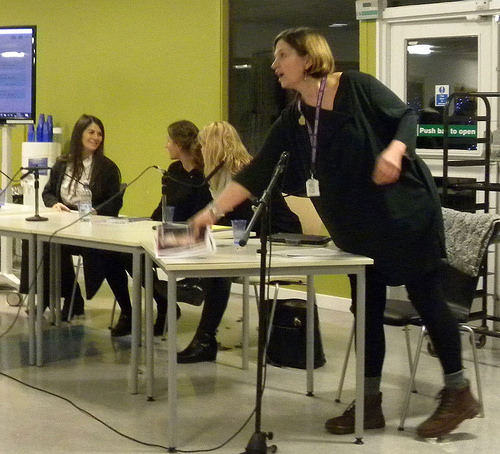
Karen asked the women for their take-home points, and Madeleine said ‘do it!’ Lorna agreed, ‘just do it, have confidence in yourself.’ Alex said there are many ways of being active; journalism, writing fiction, activism, and she mentioned her own writing classes in Stirling (for when she’s allowed back in…).
Lydia reminded us of the writing award next week, and the event on Thursday at Parliament. And Karen said there is also a march from Stirling Castle Esplanade on Thursday December 7th at 6.30pm, for anyone who wants to take part.
Advertisements Related